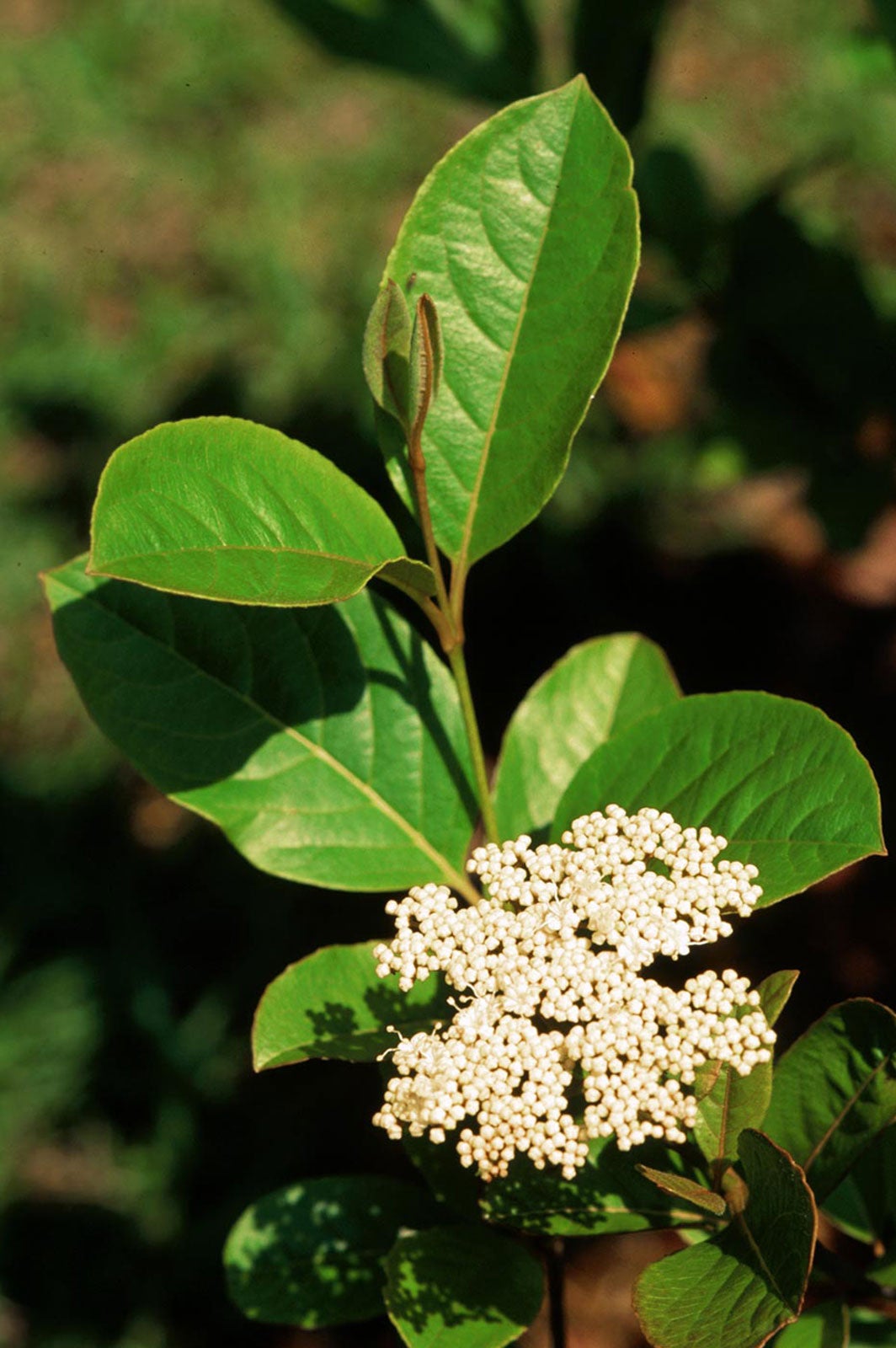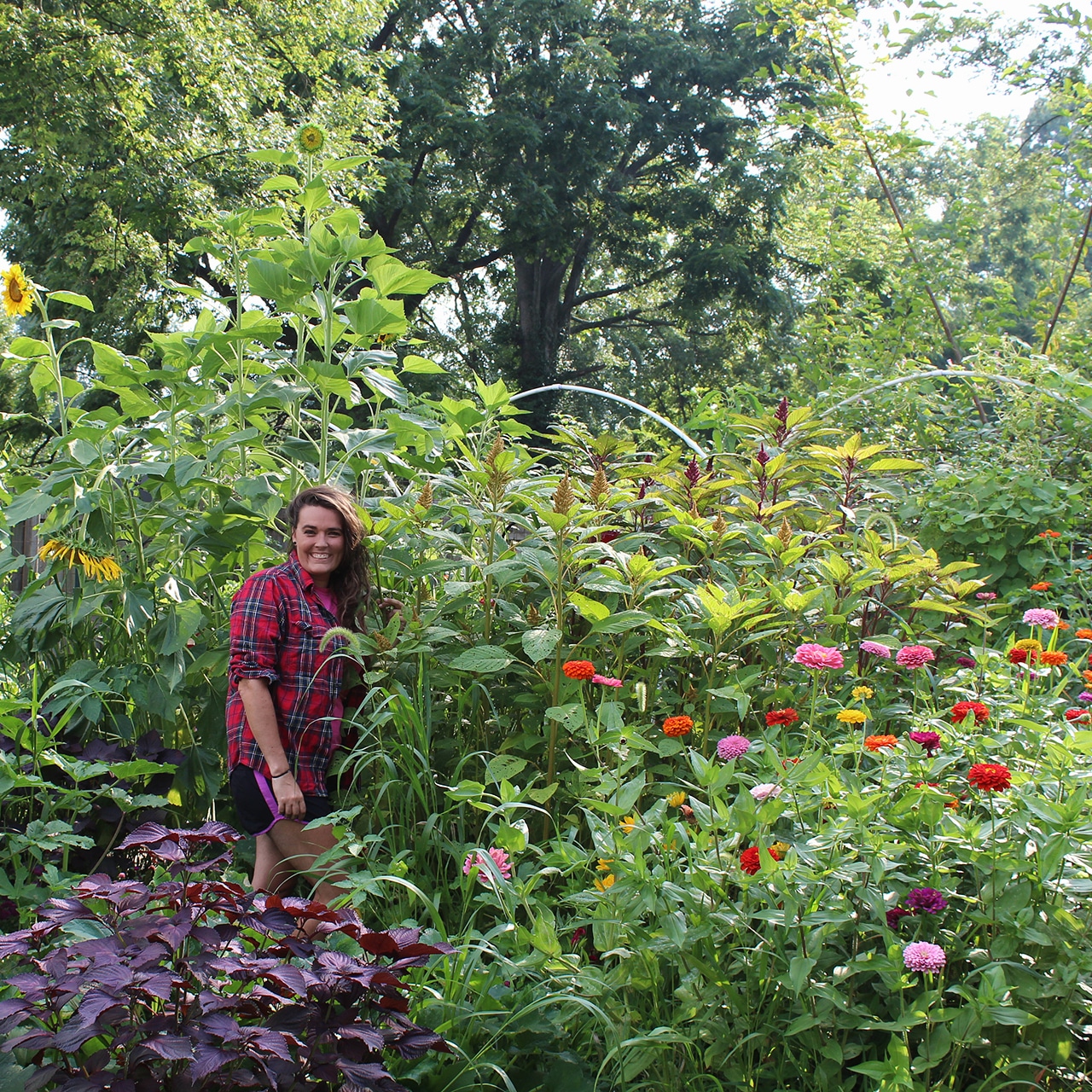Possumhaw Viburnum Plant Care: Growing Possumhaw Viburnum Shrubs


Sign up for the Gardening Know How newsletter today and receive a free copy of our e-book "How to Grow Delicious Tomatoes".
You are now subscribed
Your newsletter sign-up was successful
In recent years, the cultivation of native plant species has seen significant growth. Whether converting a yard space to a more natural habitat for wildlife or seeking beautiful low maintenance landscape options, gardeners have started to explore the use of plants to support local ecosystems. Possumhaw viburnum shrubs are right at home in a carefree natural planting.
What is Possumhaw Viburnum?
Possumhaw viburnums (Viburnum nudum) are native to the southeastern United States. This viburnum is often confused with winterberry (or winter holly), which goes by the same common name. It is important to note the difference between possumhaw and winterberry. Though winterberry plants grow in similar conditions, these plants do not belong to the same family, nor are they related in any way.
Found in low lying areas, possumhaw plants do well when grown in soils that are consistently moist. Lush green plants produce glossy leaves and small flat-top white flower clusters throughout the growing season. After flowering, the plant produces attractive pinkish berries that mature to dark blue, and benefit pollinators and other wildlife. In fact, its “possumhaw” name derives from frequent visits of possums that also enjoy the fruit.
As the weather begins to change in the fall, plant foliage begins to turn a highly attractive reddish pink color.
How to Grow Possumhaw
Growing possumhaw viburnum shrubs is relatively simple. They are commonly available for purchase as transplants. However, more experienced gardeners may choose to grow their own plants from seed. Though this shrub is native to many regions, it is important to respect established plant populations in the wild by not disturbing them.
Hardy to USDA zone 5b, the most important aspect of growing possumhaw viburnum is choosing the ideal planting location. As mentioned, these plants are adaptable to soils which range in moisture level. In fact, possumhaw is specifically known to do well when planted in wetter than average garden beds. These shrubs will also grow best when receiving full sun to part shade.
Beyond transplant, viburnum plant care is minimal. Specifically, some irrigation may be required during periods of prolonged heat and drought. Otherwise, these tough viburnum shrubs are able to withstand most insect and disease pressure without issue.
Sign up for the Gardening Know How newsletter today and receive a free copy of our e-book "How to Grow Delicious Tomatoes".

Tonya Barnett has been gardening for 13 years. Flowers are her passion. She has transformed her backyard into a cut flower garden, which she regularly chronicles on her YouTube channel http://www.youtube.com/@tonyawiththeflowers.